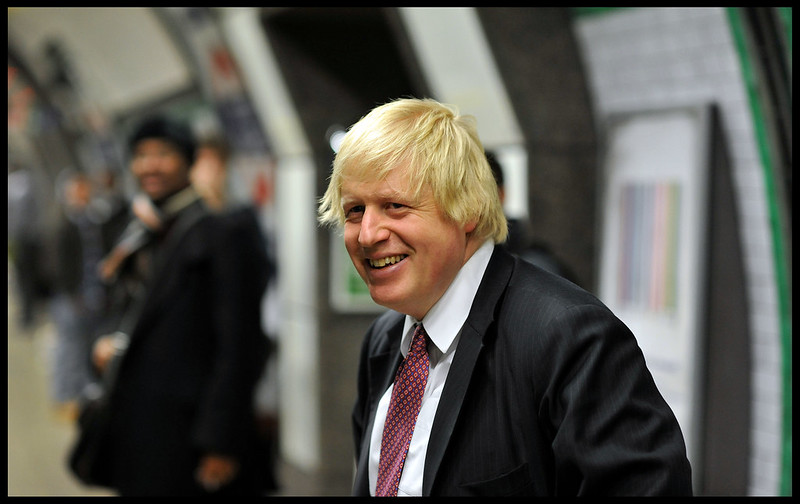10 February 20 | UK NEWS
Backbench Tory MPs have failed in their attempt allow UK courts to vet the UK’s trading partners to determine whether genocide is being committed in their country.
The proposed amendment to the Trade Bill came amidst a review of the UK’s foreign policy relationship with China, after allegations emerged of human rights abuses in Xinjiang against Uighur Muslims.
The Government used parliamentary procedure last night to put the rebel amendment in with a Labour proposal that would have ensured the Government vetted prospective trading partners to determine whether they had committed genocide. This meant the rebels did not get to vote on giving the courts the additional power.
However, the Government proposed its own amendment, which did pass. Their amendment gives Select Committees an increased role in determining whether a country has committed genocide, rather than the courts. Critics have called the amendment “meaningless”, citing the fact that the Government is not bound by the findings of a Select Committee.
The Government saw its working majority cut from around 80 to 15, with 31 Conservative rebels voting against it on Tuesday. The amendment passed by 318 votes to 303. However, the Bill must still go through the House of Lords later this month.
A Government spokesman said: “The amendment could embroil the courts in the formulation of trade policy and conduct of international relations and risks undermining the separation of powers.
“The amendment put forward by the Chair of the Select Committee, which the Government will be supporting, addresses the concerns raised by the parliamentarians to take a stand on credible reports of genocide by a prospective trade partner, while ensuring a specific duty on Government to act.”
But former Conservative leader Sir Iain Duncan Smith rejected this argument, saying: “I have my own differences with judges, but when we need an impartial taking of evidence and a judgement, we turn not to Select Committees but judges. Why do we do that?
“One, because we assume they are impartial. Two, because they are trained to take evidence and deal with evidence. We are not; we are partial – that is why we are here. We have Select Committees and we have prejudices, and that is the point.”
Labour’s Emily Thornberry, the current Shadow Secretary of State for International Trade, also attacked the Government, accusing it of “shameful, shabby and shifty” behaviour.
























